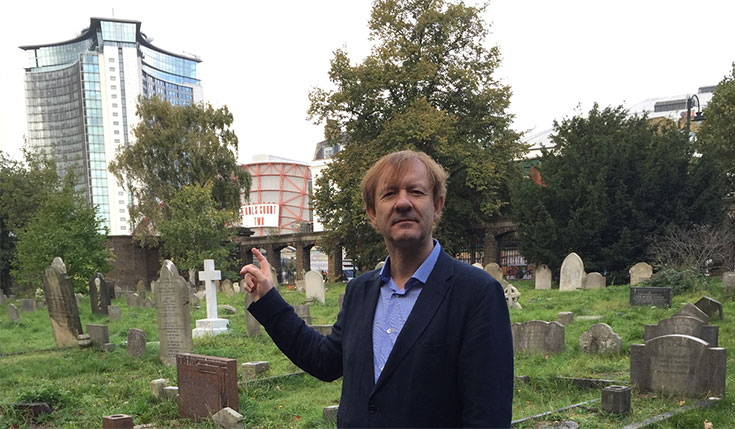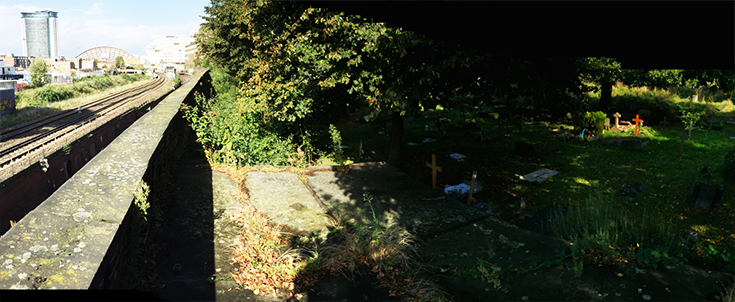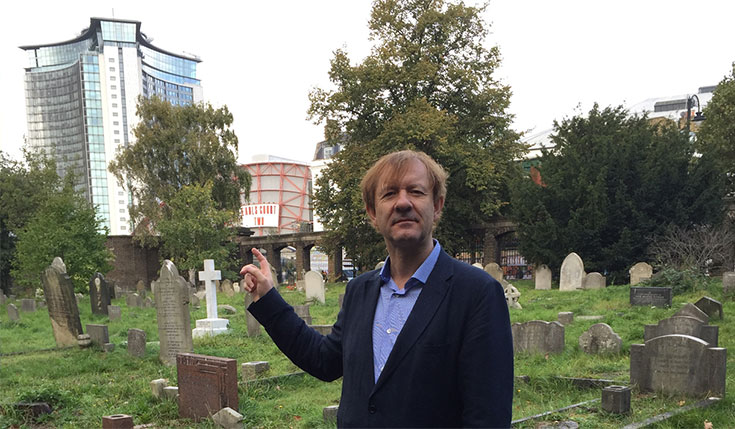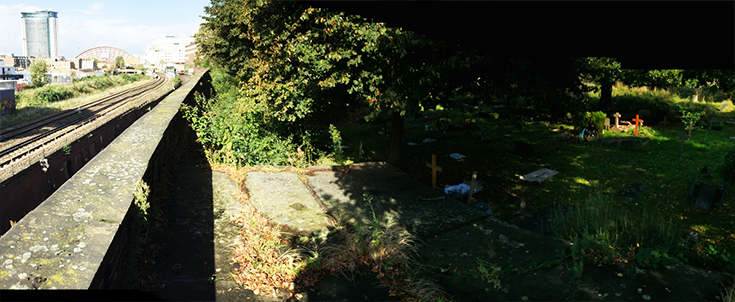Eminent environmental psychologist and feng shui expert Jan Cisek (Msc) has assessed CAPCO’s multi-billion pound West London residential development which will overlook Brompton Cemetery and will be built adjacent to 4 railway lines. Mr Cisek was not paid for his assessment.
His findings may shock some potential investors buying off-plan.
According to the principles of feng shui, a respected philosophy much admired in Asia, flats overlooking a cemetery to the east and four busy train lines that carry nuclear waste to the west do not augur well for owners’ and residents’ psychological stability and financial well-being reveals Cisek’s report.
The expert’s opinion on buying into CAPCO’S EARL’S COURT/ LILLIE SQUARE DEVELOPMENT?
"When it comes to investment, I would look somewhere else."
Read the full report here: Click here to read full feng shui report
Here is the Chinese translation of the feng shui analysis of the Lillie Square/Earl's Court development in London:
这是伦敦莉莉广场/伯爵阁建设发展风水分析的中国翻译。




 RSS Feed
RSS Feed
